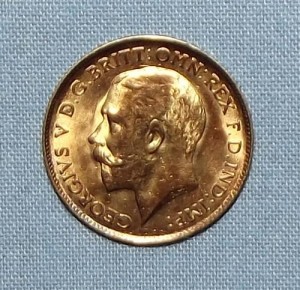Lillian Westall (born 1893): War and Memory
The First World War, also known as The Great War began in 1914 and ended in 1918. Lilian was nineteen years old when it began. The war was so bad that Lilian Westall had no choice but to work her way through it. In the space of those four years Westall had taken up four different jobs, trying to provide for her family.
Her father joined the army as the war broke out: ‘In 1914 he joined the army after a drinking bout’ (3). In history men joined the army as a patriotic action. But Westall’s father joined because he was drunk enough to take on the challenge. War was not made for poor men. They were already weak and the chance to get away from their own monetary battle was a good enough reason. For Lilian it was a ‘great relief he went off to do battle with someone other than his wife and children.’ Her father’s drinking habit had made it impossible for the family to live.

During the war life was troublesome. Money was scarce and food rationing made life a struggle: ‘At times there wasn’t enough food for all the family in the morning’ (3). Westall explains that even when there was food it was ‘Cheap, but not cheap enough.’ (3) Because they couldn’t afford the food that was on offer the family would go to the Salvation Army hostel: ‘Here we could get a breakfast for a farthing, a cup of tea and a slice of bread and jam.’ (3) Lilian writes about the reality of war and how it was destroying her family. The only thing war did for Westall was rid her family of their father. It was one less mouth to feed.
Her mother became angry and stressed during the war: ‘poverty had made my mother sharp as well as careful, and she never allowed their claims for more.’ War was a time when parents, especially mothers had hardly anything to offer their children. Westall could progress or improve herself during the war. She joined the munitions factory but it did not pay enough, ‘Conditions became so difficult for everyone I went back into service.’ Domestic Service was the best way for Westall to make money for her family.

Her father returned to the family in 1917: ‘my father was invalided out of the army.’ His return marked the worst time for Lilian during the war. He was another mouth to feed, another person to pay for. There were already nine children in their family and they only had one bed to share: ‘four girls slept in the bed and three on chairs.’ (7) In domestic service, there was an opportunity to move out of the family home and have a place to stay in the house you were working in. This is the main reason for Lilian always being in service; it relieved the burden on her family, even if it was only for a short while.
WW1 was a hard time for many people, but it affected the working-class in a way that made them angry and sad. The aftermath of the war only made it worse. There was no money and no food, no heat during the cold winter nights and no bed to sleep in. Lilian Westall struggled through this time and worked to provide for her family; something her father should have been doing. Westall’s memory of war depicts the strength she had and the love she felt for her family. Especially during war but throughout her life to do, she did her best for them: ‘I would have loved to have taken one (golden sovereign) for my mother’ (6)

References
Fussell, Paul. ‘The Great War and Modern Memory’. Oxford University Press, Oxford, 1975.
Westall, Lilian. ‘The Good Old Days’. Burnett Archive of Working Class Autobiography, University of Brunel Library, Special Collection, 1:746
‘Westall, Lilian’, entry in The Autobiography of the British Working Class: An Annotated, Critical Bibliography, ed by John Burnett, David Vincent, and David Mayall (Harvester, Brighton 1984), vol 1, no. 746
Images
Fig.1 http://www.orwelltoday.com/orwellkitchener.shtml
Fig.2 http://www.iwm.org.uk/history/podcasts/voices-of-the-first-world-war/podcast-16-munitions
Fig.3 http://rsacollectables.com/2014/11/16/great-britain-1914-gold-half-sovereign-coin-valued-at-180/

Leave a Reply